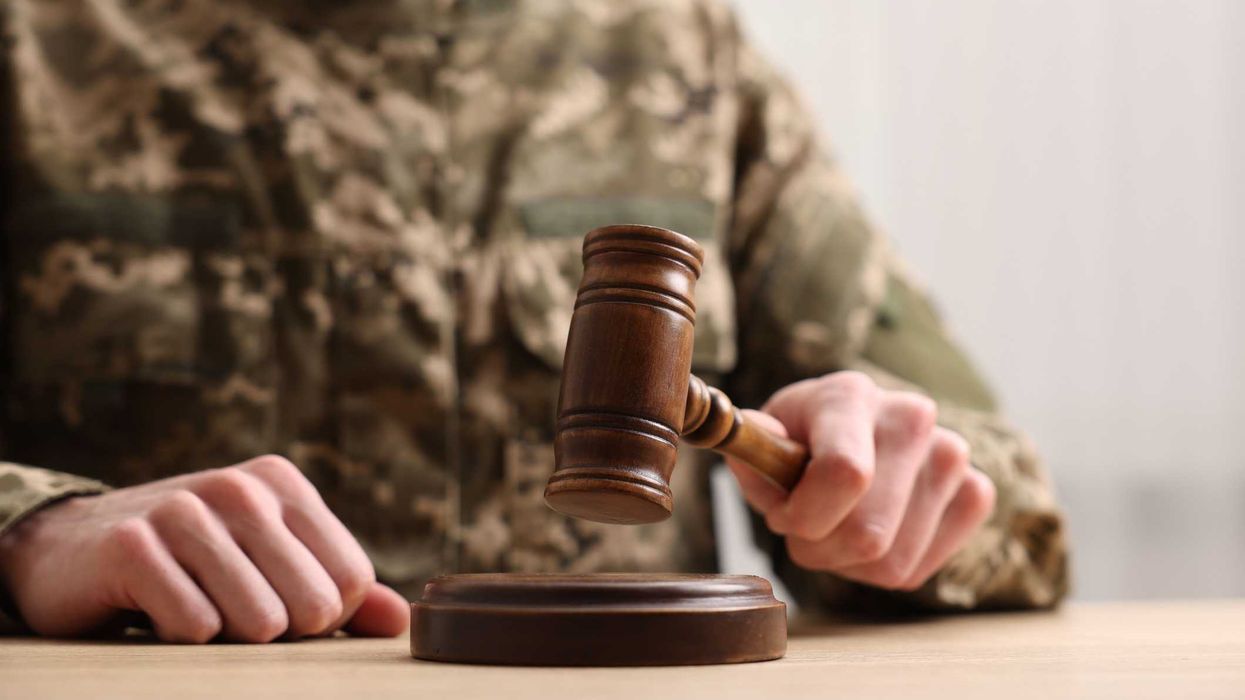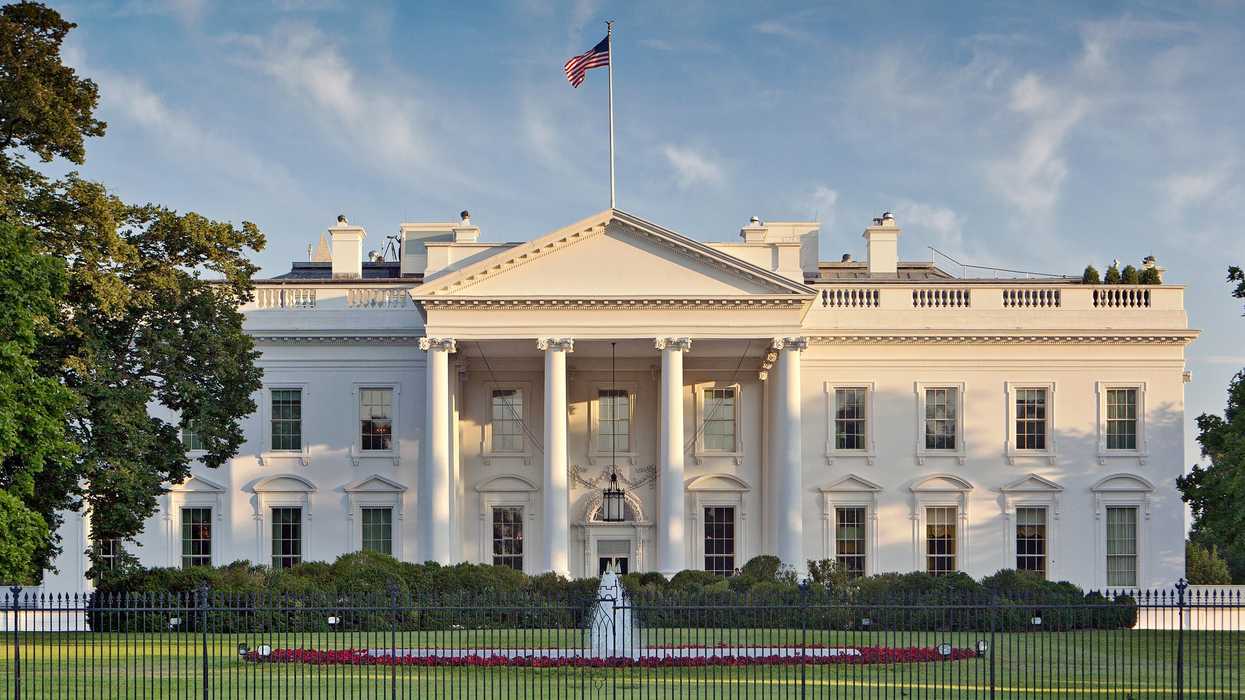Does Secretary Hegseth’s extraordinary summoning of hundreds of U.S. command generals and admirals to a Sept. 30 meeting and the repugnant reinstatement of Medals of Honor to 20 participants in the infamous 1890 Wounded Knee Massacre—in which 300 Lakota Sioux men, women, and children were killed—foreshadow the imposition of a twisted approach to U.S. “Warrior Ethos”? Should military leaders accept an ethos that ignores the rule of law?
Active duty and retired officers must trumpet a resounding: NO, that is not acceptable. And, we civilians must realize the stakes and join them.
This issue is crucial as President Trump is sending National Guard troops with authorization to use “Full Force, if necessary” to what he characterized as Oregon’s “War ravaged Portland.” That, along with deployments to Los Angeles, Washington D.C., and Memphis, is part of an attempt to normalize the use of troops against the desires of mayors, governors, and citizens. Yet, no U.S. city is in a state of war or insurrection. Such deployments subvert U.S. traditions and undermine confidence in a nonpolitical military. And, they are outright dangerous.
Also ominous, the illegal use of military force is being normalized in the Caribbean through the sinking of four boats under the false claim of warfighting. A flotilla of eight U.S. warships is gathering off Venezuela, among reports of possible attacks on that country. That, too, carries broad implications at home and abroad.
The “Warrior Ethos” depicted on the U.S. Army website says: always place the mission first; never accept defeat; never quit; never leave a fallen comrade. Such principles for those serving courageously and honorably in the U.S. military are to be cemented in the context of the law of war and broader legal norms. That bonding is fundamental in distinguishing between just using force and aggression. Reading even the first few pages of the U.S. Marine Corps’ Student Handout, the “Introduction to the Law of War/Rules of Engagement” makes that clear as a bell. The other basic military sources are also clear on this.
The bonding of warrior ethos and the rule of law is essential to avoid troops from following illegal orders and avoiding disgraceful, horrendous actions like the My Lai Massacre in the Vietnam War, the Wounded Knee Massacre, or the National Guard killing students at Kent State and Jackson State in 1970. It is not an academic issue that bonding safeguards the proud service of our military and public safety.
Consider this scenario. Orders from the president: Blow that boat to smithereens. Why? Because intelligence says it carries illegal drugs and is run by “narcoterrorists” who are under the direction of a foreign country’s president. Those facts are not publicly established, and the latter assertion is dubious according to reputable sources. A White House spokesperson says the actions are legal under the laws of war.
BUT, the United States is not at war with any country. So, those laws do not apply. Even under those laws, people on the boats do not fit the definition of “combatants.” Lethal force is not a military necessity in this situation. The boats did not fire at U.S. ships or planes, nor are they attempting to seize U.S. land; so, the sinking is not self-defense. The circumstances fail to meet even the Marine Student Handbook description of the rules of engagement.
The scenario makes the president judge and jury, whose orders are equal to pulling the trigger, and the Supreme Court, in Trump v. United States, gave presidents immunity for official acts. The military, however, is not excused for following illegal orders. Most members of the military know that they should not implement unlawful orders, but they are not experts in the laws of war.
The Judge Advocate General’s (JAG) Corps, however, includes such experts who are to provide legal advice to commanders. The top uniformed JAG officers for the army, navy, and air force were dismissed earlier this year, enfeebling commanders' abilities to weigh the legalities of orders. The Corps will be further weakened by the transfer of 600 JAG Corps officers to immigration court duty. Debilitating the JAG Corps as norms against domestic deployment of troops are being broken, and dubious military strikes are ordered, is another glaring warning sign.
The U.S. recently blowing up four boats in the Caribbean violates international law, pure and simple. I am not an expert, but I taught law school courses that covered the law of war, and experts like those at the Atlantic Council agree with my analysis. If such actions are said by President Trump or Secretary Hegseth to be part of “warrior ethos”—if the assembled generals and admirals are told that even by implication—it is time to slam on the military brakes.
The Trump administration removed the chairman of the Joint Chiefs of Staff, the chief of naval operations, the Air Force chief of staff, the commandant of the Coast Guard, and other top general officers. Plus, Hegseth has ordered that 20% of four-star generals and admirals and 10% of other general officers will be dismissed, and there will be demotions as top positions are eliminated in reorganizations.
Those factors place pressure on military leaders to accept this administration's approach to their rebranded Department of War (though only Congress can officially change the name). The administration’s widespread disregard of constitutional and legal provisions—whether in ignoring Congress’s power of the purse, politicizing the Department of Justice, usurping the state’s powers on elections, attacking judicial independence, and much more—is also directed at the military, whether deployed domestically or overseas.
The military’s oath swears members to defend the Constitution and to obey orders according to the Military Code of Justice. That requires adherence to the rule of law. If democracy and the rule of law are to survive in this country, the military has to hold that line. Domestic tranquility and international peace depend on it, as does the safety of military personnel.




















